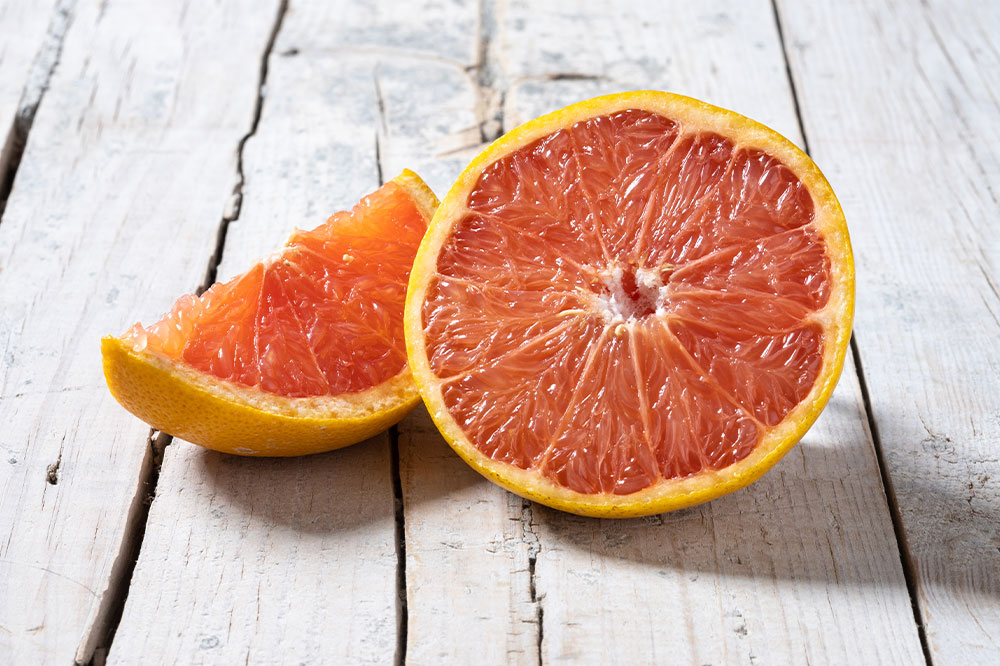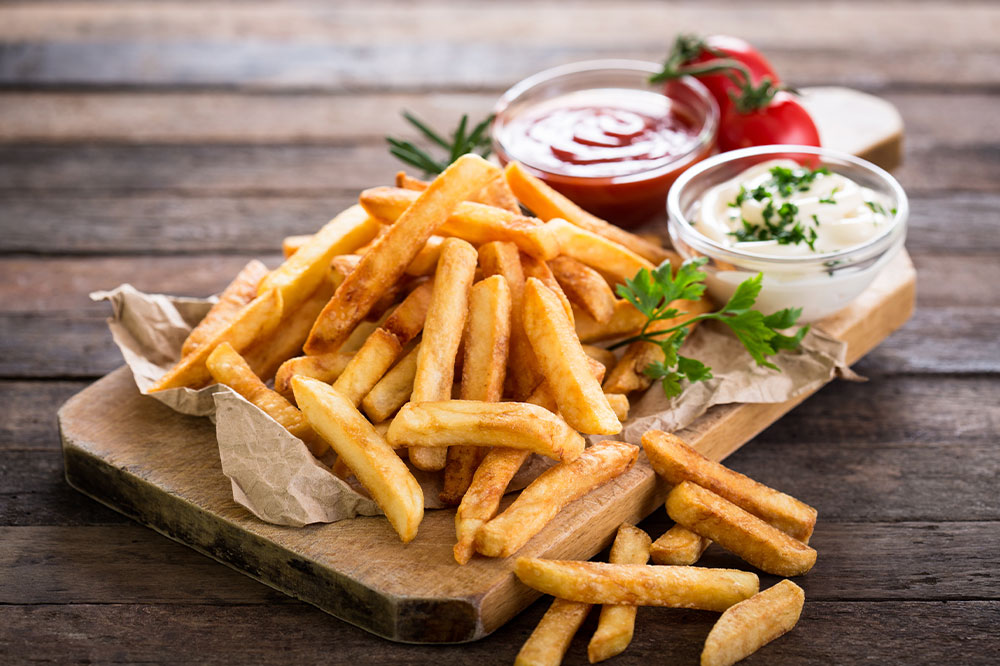7 cold sore food triggers to avoid
A cold sore is a group of painful tiny blisters that are caused by the herpes simplex virus (HSV). These blisters are also known as fever blisters or herpes simplex labialis. In most cases, the symptoms are the worst when one gets cold sores for the first time. However, after the first outbreak, the body begins to produce antibodies to protect itself from the virus, thus raising immunity against the condition. Managing cold sores – Foods to avoid Usually, cold sores appear when one’s immunity has already been compromised, and unfortunately, they are not as quick to leave. However, these blisters require arginine (a type of amino acid) to replicate and thrive. Hence, depriving the virus of arginine may help reduce the duration of such outbreaks. So, here are some of the foods that must be avoided by patients. Oranges Citrus fruits, such as oranges, contain acid that can cause a burning sensation on contact with the blister. Hence, in addition to avoiding oranges, many healthcare professionals suggest steering clear of citrus fruits like grapefruits as well. Instead, one can opt for bananas and cucumbers to gain optimum nutritional benefits. Pumpkin seeds Although pumpkin seeds are considered incredibly healthy, they are unfortunately rich in arginine.
Read More 









